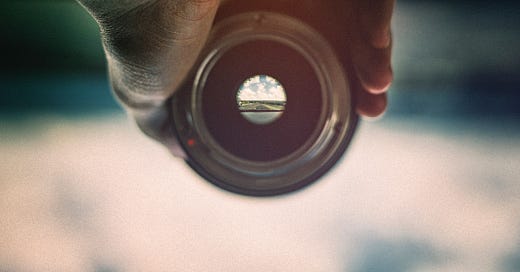Why You Should Single-task, Not Multi-task
How to get things done right, improve your focus, and think clearly

Hi, I’ve started a new freemium newsletter about brands, sustainability, and technology called Future Swells, targeting decision-makers and sustainability professionals. The mission is to guide brands and organisations towards sustainable practices. If you know someone that could benefit I’d appreciate if you could share this link to the 14-day free trial. The first issue will be released on Thursday on brands offering trade-in, buy back, and resell programs.
The contemporary reigning belief is that being connected, multitasking, and being “crazy-busy” are positive characteristics leading to high performance and success. But multi-tasking does not exist from a neurological perspective. What we are really doing is task-switching as our minds can only process one thought or task at a time.
Researcher at Stanford University in California have found that multitasking is making us less effective in our work, impairs our decision-making, and increases stress. The researcher also found that people that use less multimedia and social media while performing a task were better at staying on task and maintaining focus.
Checking your smartphone 344 times per day
Another study shows that every time we switch tasks or get disrupted we loose 4-5 minutes, the amount of time it takes to get us back on track. Now add that the average American checks his smartphone 344 times per day and you wonder how anyone is getting any real work done.
During the Memorial Day weekend I decided to experiment to see how well I performed without distractions and by finishing one task before starting another, so called follow-through. Instead of thinking about what’s next I kept my focus and attention on task, in the moment: writing an article, making lunch, doing the dishes, cleaning the backyard, reading two books, watching a movie, working out et cetera.
Keep reading with a 7-day free trial
Subscribe to Fewer Better Things to keep reading this post and get 7 days of free access to the full post archives.



